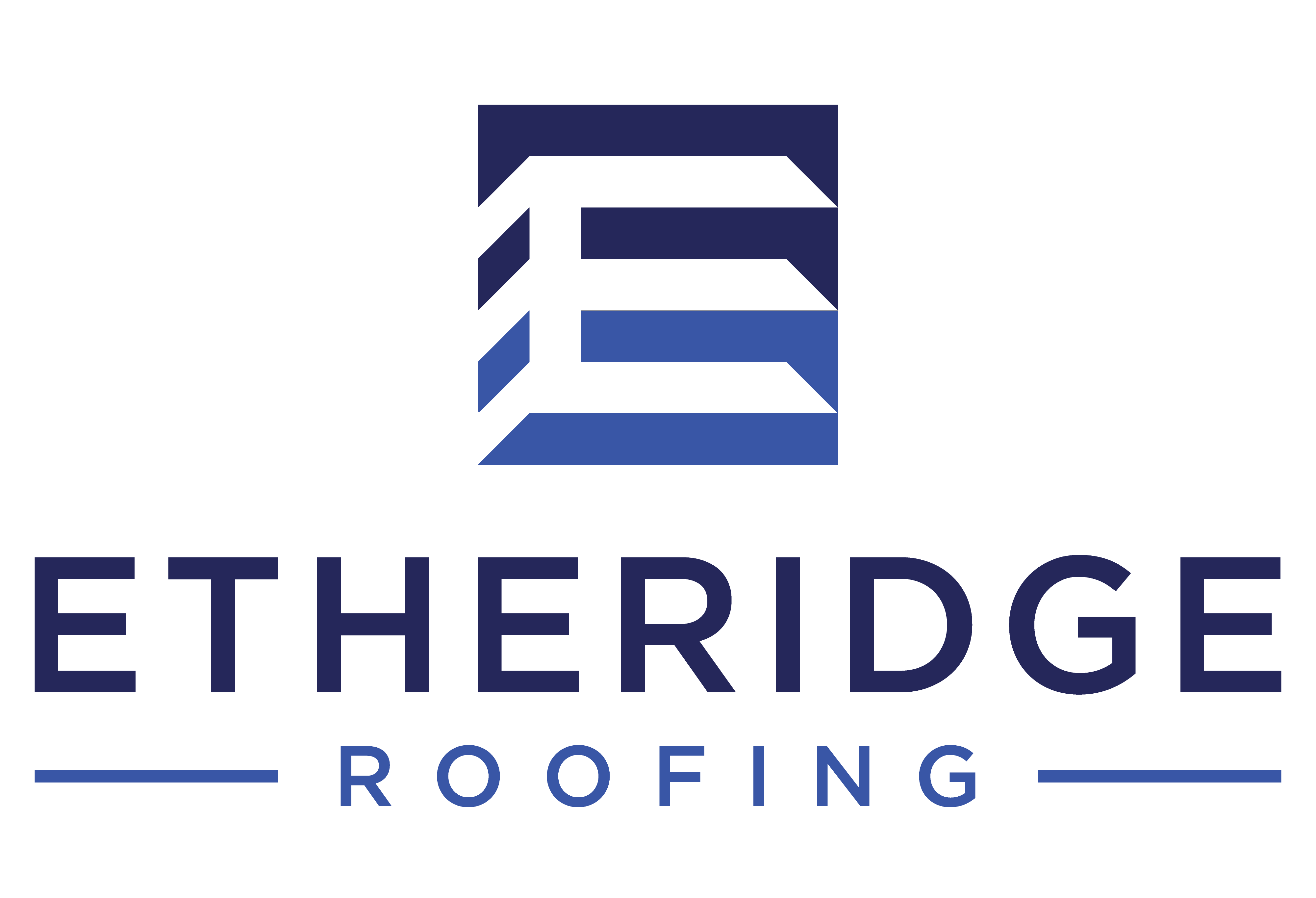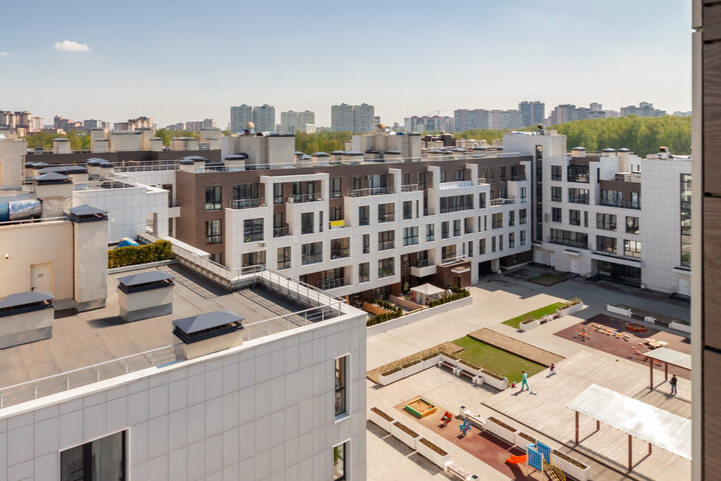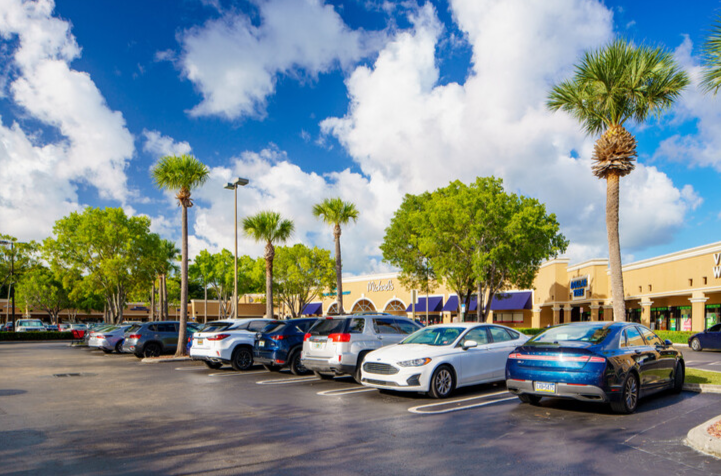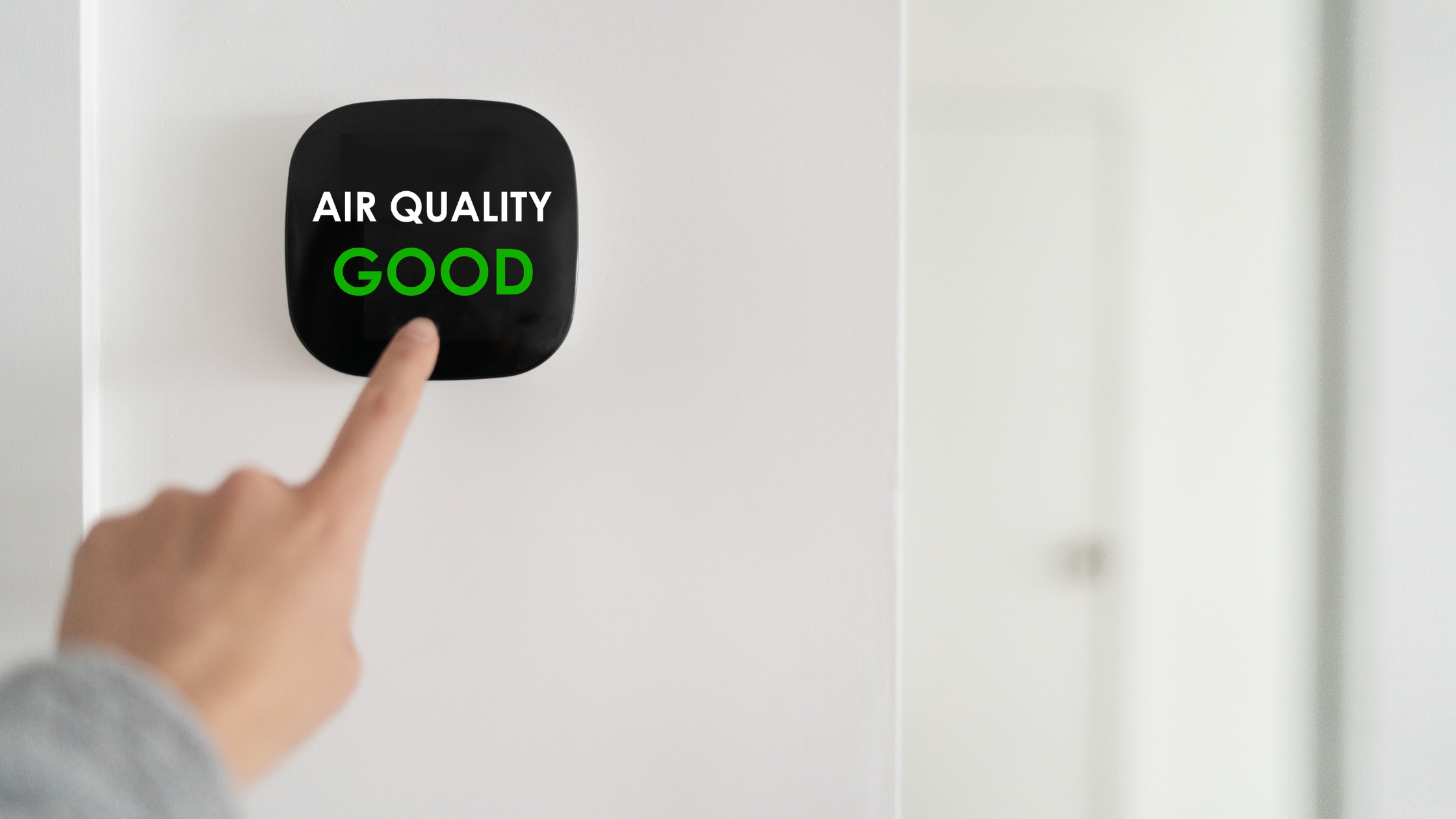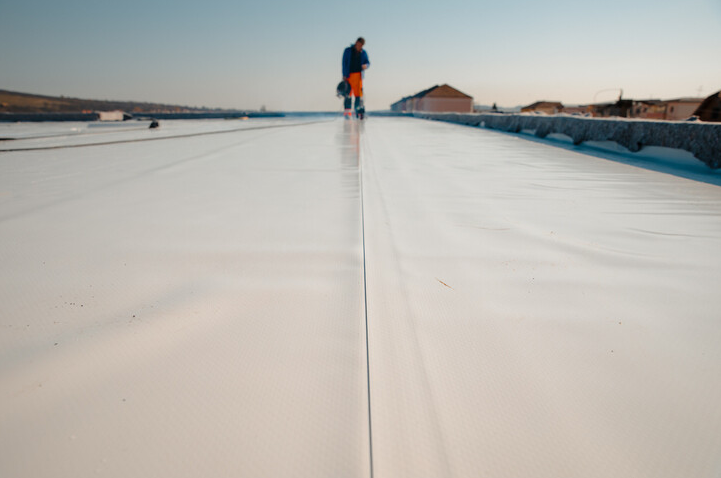How Do You Know When It’s Time to Inspect Your Commercial Roof?
It is easy to assume a commercial roof inspection is needed when a roof begins to leak or crumble, but some signs of a damaged roof are not as detectable as you'd think. Commercial roof’s are not small investments and should be maintained regularly in order to receive a return on your investment. Maintenance requires keeping your roof clean and scheduling its required inspections.
What to expect during a commercial roof inspection?
A commercial roof inspection is meant to help you catch any issues before they occur or early enough to be fixed. The following should take place at your roof inspection:
- Inspection of overall roof condition
- Inspection for any obvious physical damage
- Removal of debris
- Ensuring drainage devices are functioning properly
- Checking for any excessive tears, splits, punctures, and other physical damage caused by harsh weather conditions
Roof Inspectors Examine:
- Fire safety
- The presence of hazardous materials
- Expected lifespan of your roof
- Building envelope performance
- Overall condition of the roof
Once the inspection is completed, you will receive a detailed report of what, if anything, is wrong with your roof. Your inspector should provide you with suggestions and estimated cost on how to fix any problems found.
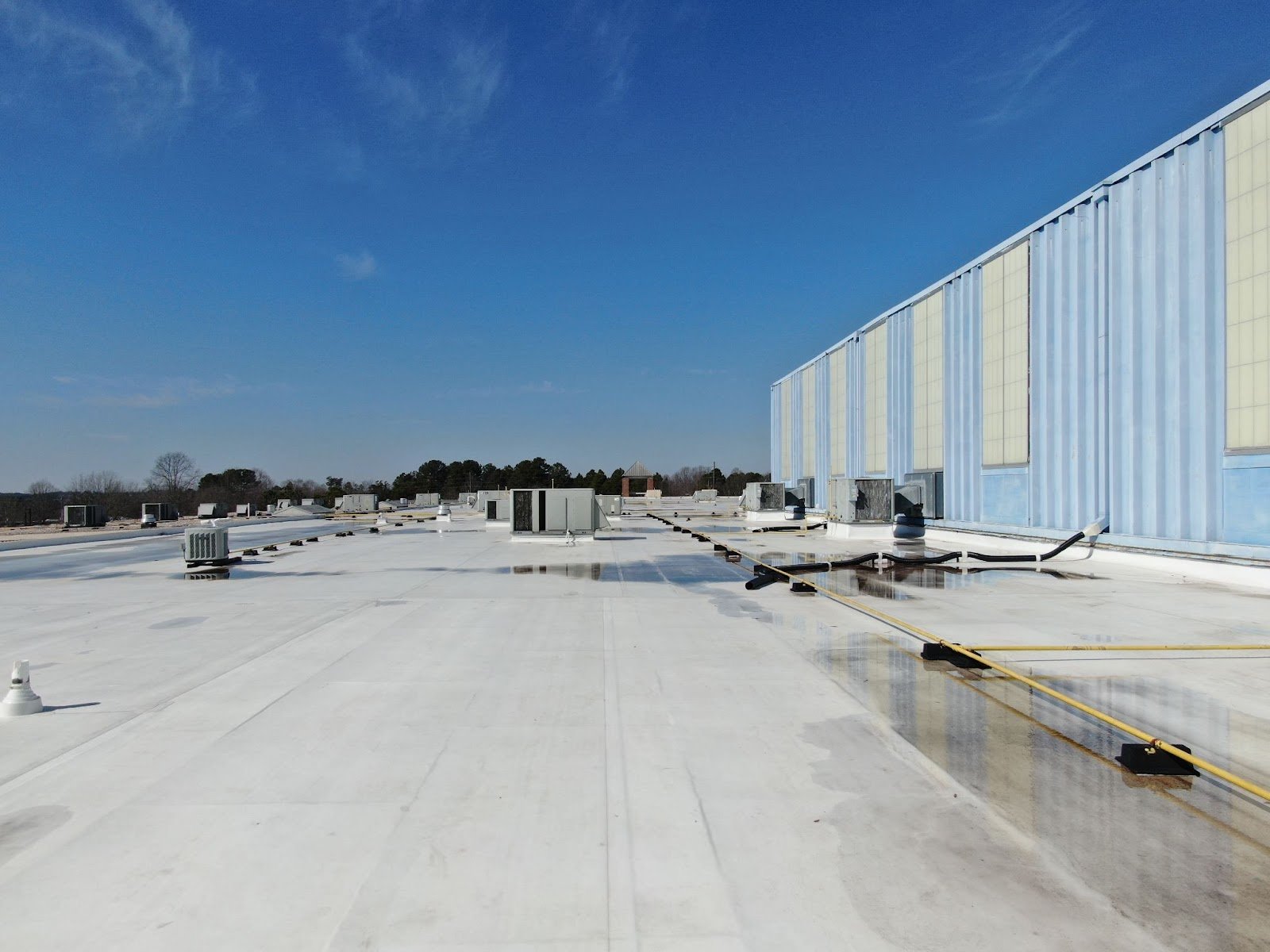
When should I have my roof inspected?
As a general rule, we recommend commercial roof inspections twice a year.
The National Roofing Contractors Association (NRCA) recommends getting roof inspections at the end of winter and once again at the end of summer. This way, if any damage was caused by the extreme weather that both of these seasons can sometimes deliver, you can immediately address the problems.
The NRCA also recommends a roof inspection after any major wind, hail, and ice storms. You will probably notice that most warranties also make this recommendation and in some cases, require it.
A roofing inspection will be required when there is a significant change in the roof’s ownership or insurance. This is also highly beneficial to a new owner as it will give the owner instructions on how to handle maintenance.
A leak in your commercial roof can lead to water damage throughout your entire building, damaged equipment, disruption to your business operating hours, and cost you thousands of dollars.
Cover your business and yourself by scheduling these inspections. Staying on top of your roof’s maintenance and inspections can extend the life of your roof and save you money in the long run.
Posts by Tag
Recent Posts
Popular Posts
Have you ever wondered what goes into a commercial
As a property manager, you know that maintaining...
When choosing the best commercial flat roof for...
Recent Posts
The connection between the quality of our...
Selecting the appropriate roofing system is...
